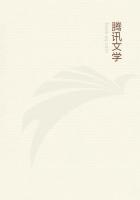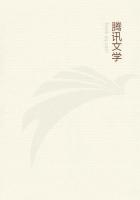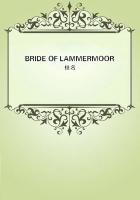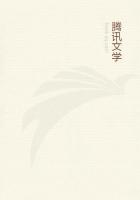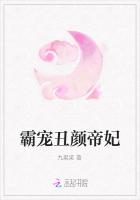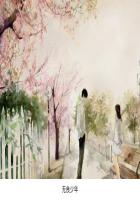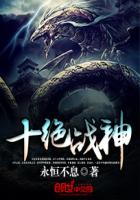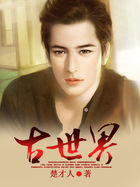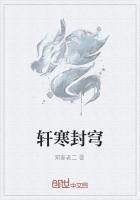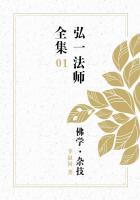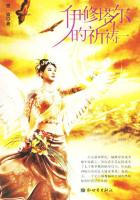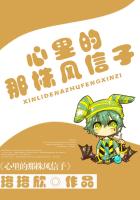Many of these facts are of course fully recognized by the Wolfians; but the inference drawn from them, that the Homeric poems began to exist in a piecemeal condition, is, as we have seen, unnecessary. These poems may indeed be compared, in a certain sense, with the early sacred and epic literature of the Jews, Indians, and Teutons. But if we assign a plurality of composers to the Psalms and Pentateuch, the Mahabharata, the Vedas, and the Edda, we do so because of internal evidence furnished by the books themselves, and not because these books could not have been preserved by oral tradition. Is there, then, in the Homeric poems any such internal evidence of dual or plural origin as is furnished by the interlaced Elohistic and Jehovistic documents of the Pentateuch? A careful investigation will show that there is not. Any scholar who has given some attention to the subject can readily distinguish the Elohistic from the Jehovistic portions of the Pentateuch;and, save in the case of a few sporadic verses, most Biblical critics coincide in the separation which they make between the two. But the attempts which have been made to break up the Iliad and Odyssey have resulted in no such harmonious agreement. There are as many systems as there are critics, and naturally enough. For the Iliad and the Odyssey are as much alike as two peas, and the resemblance which holds between the two holds also between the different parts of each poem. From the appearance of the injured Chryses in the Grecian camp down to the intervention of Athene on the field of contest at Ithaka, we find in each book and in each paragraph the same style, the same peculiarities of expression, the same habits of thought, the same quite unique manifestations of the faculty of observation. Now if the style were commonplace, the observation slovenly, or the thought trivial, as is wont to be the case in ballad-literature, this argument from similarity might not carry with it much conviction. But when we reflect that throughout the whole course of human history no other works, save the best tragedies of Shakespeare, have ever been written which for combined keenness of observation, elevation of thought, and sublimity of style can compare with the Homeric poems, we must admit that the argument has very great weight indeed. Let us take, for example, the sixth and twenty-fourth books of the Iliad. According to the theory of Lachmann, the most eminent champion of the Wolfian hypothesis, these are by different authors. Human speech has perhaps never been brought so near to the limit of its capacity of expressing deep emotion as in the scene between Priam and Achilleus in the twenty-fourth book; while the interview between Hektor and Andromache in the sixth similarly wellnigh exhausts the power of language. Now, the literary critic has a right to ask whether it is probable that two such passages, agreeing perfectly in turn of expression, and alike exhibiting the same unapproachable degree of excellence, could have been produced by two different authors. And the physiologist--with some inward misgivings suggested by Mr. Galton's theory that the Greeks surpassed us in genius even as we surpass the negroes--has a right to ask whether it is in the natural course of things for two such wonderful poets, strangely agreeing in their minutest psychological characteristics, to be produced at the same time. And the difficulty thus raised becomes overwhelming when we reflect that it is the coexistence of not two only, but at least twenty such geniuses which the Wolfian hypothesis requires us to account for. That theory worked very well as long as scholars thoughtlessly assumed that the Iliad and Odyssey were analogous to ballad poetry. But, except in the simplicity of the primitive diction, there is no such analogy. The power and beauty of the Iliad are never so hopelessly lost as when it is rendered into the style of a modern ballad. One might as well attempt to preserve the grandeur of the triumphant close of Milton's Lycidas by turning it into the light Anacreontics of the ode to "Eros stung by a Bee." The peculiarity of the Homeric poetry, which defies translation, is its union of the simplicity characteristic of an early age with a sustained elevation of style, which can be explained only as due to individual genius.
The same conclusion is forced upon us when we examine the artistic structure of these poems. With regard to the Odyssey in particular, Mr. Grote has elaborately shown that its structure is so thoroughly integral, that no considerable portion could be subtracted without converting the poem into a more or less admirable fragment. The Iliad stands in a somewhat different position. There are unmistakable peculiarities in its structure, which have led even Mr. Grote, who utterly rejects the Wolfian hypothesis, to regard it as made up of two poems; although he inclines to the belief that the later poem was grafted upon the earlier by its own author, by way of further elucidation and expansion; just as Goethe, in his old age, added a new part to "Faust." According to Mr.

